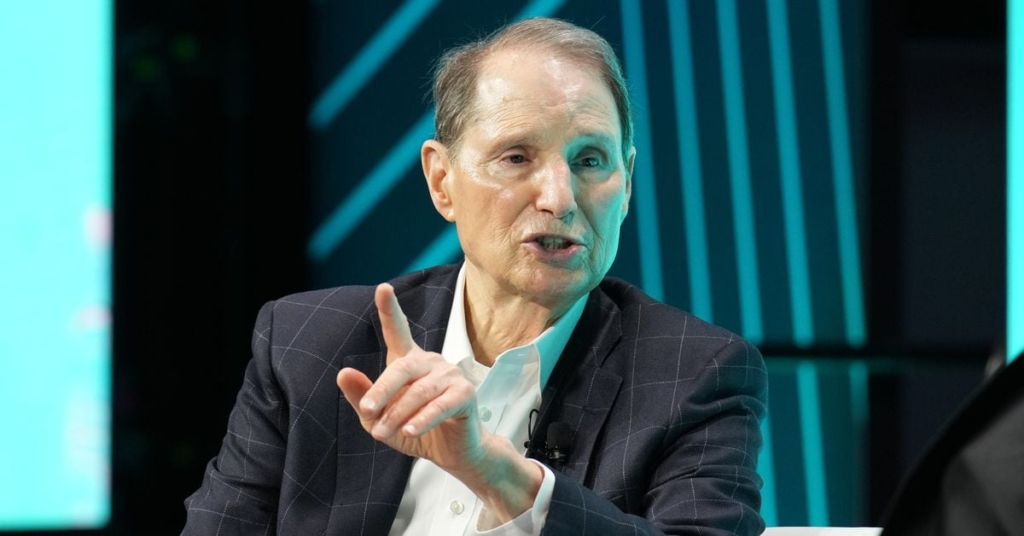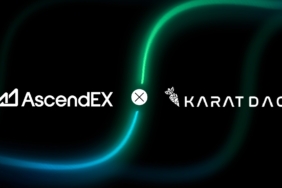AUSTIN, Texas – Sen. Ron Wyden (D-Ore.), one of the U.S. Senate Democrats who’ve shown some support for crypto issues, cast doubt Friday that a legislative solution for the industry would move quickly, but he suggested to an audience at CoinDesk’s Consensus 2024 that the momentum will continue next year in Washington.
In the wake of the recent approval of the Financial Innovation and Technology for the 21st Century Act (FIT21) that was driven by Rep. Patrick McHenry (R-N.C.) in the House of Representatives – drawing support from a third of the Democrats there – the legislation to establish digital assets market structure is now in the hands of the Senate.
“It’s getting late in this session, so it’s unclear how far that bill will move,” Wyden said at the event in Austin, Texas. “But I think Chairman McHenry is right to establish a kind of regulatory framework and put a sharper focus on fighting fraud and rip-off artists.”
“We’ve made a lot of headway, but there’s a long way to go,” Wyden said.
Wyden, the chairman of the Senate Finance Committee, was among the 11 Senate Democrats who joined Republicans in seeking to overturn the U.S. Securities and Exchange Commission’s crypto accounting policy known as Staff Accounting Bulletin No. 121 (SAB 121). Though the House and Senate approved a resolution to overturn the policy, President Joe Biden has threatened to veto it.
“It basically sets up a different standard for crypto than everybody else has in the financial sector with respect to custody,” Wyden said. “A group of us said, ‘Let’s just hold on here and take the time to make sense and not just establish a whole separate unique barrier to storing customers’ crypto.'”
The senator, who is also a member of the Congressional Internet Caucus, said he supports stablecoins and is rooting for innovations in blockchain technology, such as in the creation of portable medical records.
He said Congress often struggles with new technology, but he added that crypto is a “great issue for people to run on” in this year’s congressional elections.
“There’s no question that there’s growing interest here,” he said. “It’s being driven by a lot of young, creative people.”







